The Boiler Upgrade Scheme
The Boiler Upgrade Scheme (previously referred to as the Clean Heat Grant) is the latest iteration of the Government’s financial support of low carbon heating.
The Boiler Upgrade Scheme
The Boiler Upgrade Scheme (previously referred to as the Clean Heat Grant) is the latest iteration of the Government’s financial support of low carbon heating.
The Boiler Upgrade Scheme explained.
The government has announced a new scheme ‘The Boiler Upgrade Scheme’ (BUS) to provide grants to property owners to install low carbon heating systems such as heat pumps.
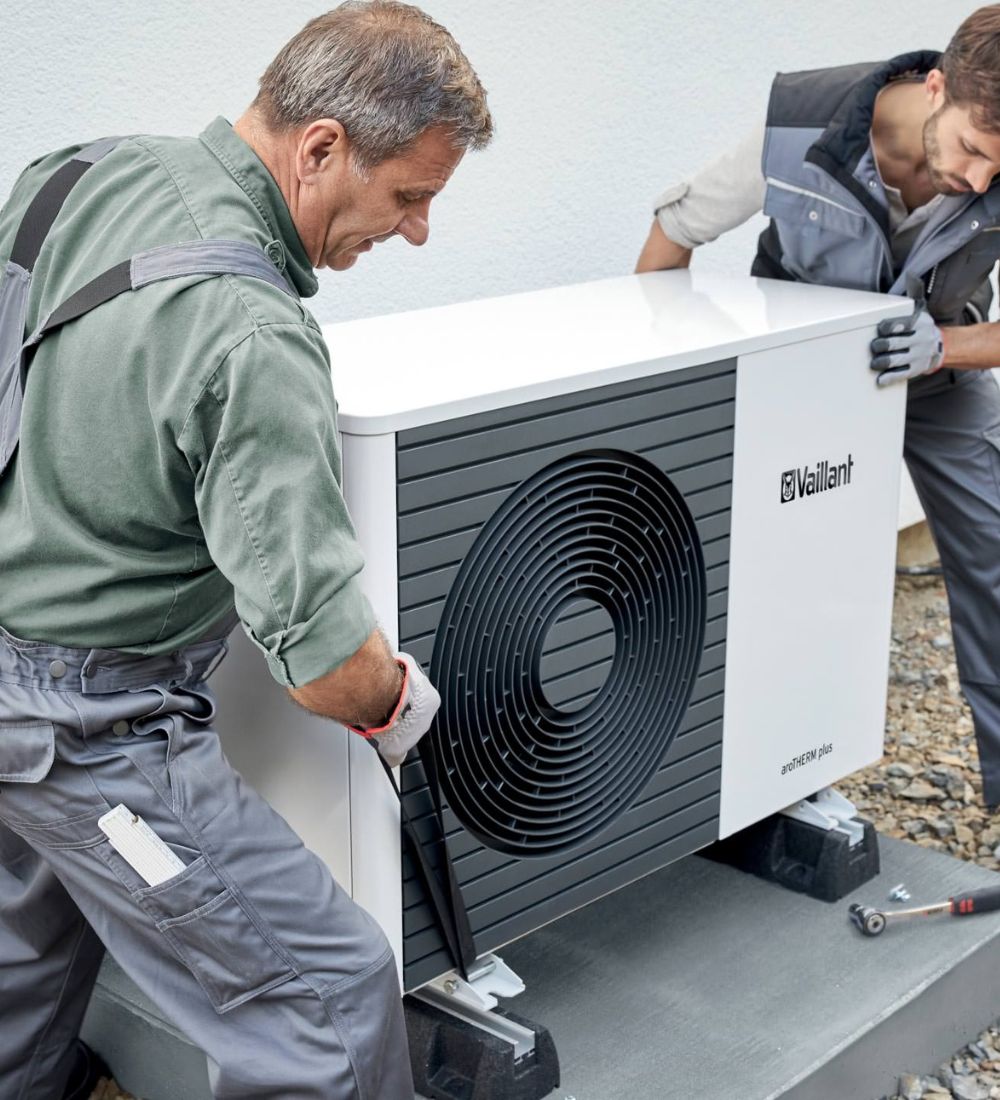
LATEST UPDATE
What the Net Zero Strategy update means for homeowners heating their homes?
What do we know so far:
The Boiler Upgrade Scheme (BUS) grant has been increased to £7,500 to enable homeowners’ money off heat pump installs in England & Wales. This means the proposed phase-out on the installation of fossil fuel appliances is 2035. This now includes LPG, oil, and coal appliances.

LATEST UPDATE
What the Net Zero Strategy update means for homeowners heating their homes?
What do we know so far:
The Boiler Upgrade Scheme (BUS) grant has been increased to £7,500 to enable homeowners’ money off heat pump installs in England & Wales. This means the proposed phase-out on the installation of fossil fuel appliances is 2035. This now includes LPG, oil, and coal appliances.
What is the Boiler Upgrade Scheme?
The Boiler Upgrade Scheme (previously referred to as the Clean Heat Grant) is the latest iteration of the Government’s financial support of low carbon heating. This scheme is designed to help attain the UK’s net zero emissions target by 2050 by making low carbon technologies more affordable to install by reducing the upfront cost. Previously, this support was provided in the form of the Renewable Heat Incentive (ended March 2022).
This support is aimed at encouraging homeowners in England and Wales to upgrade their current fossil fuelled boiler central heating systems to more energy-efficient solution like heat pumps in an effort to decarbonise their home’s heating.
The scheme is expected to run until 2028 and has been earmarked a budget of £450 million over the three years as part of an almost £4bn strategy to help cut carbon emissions.
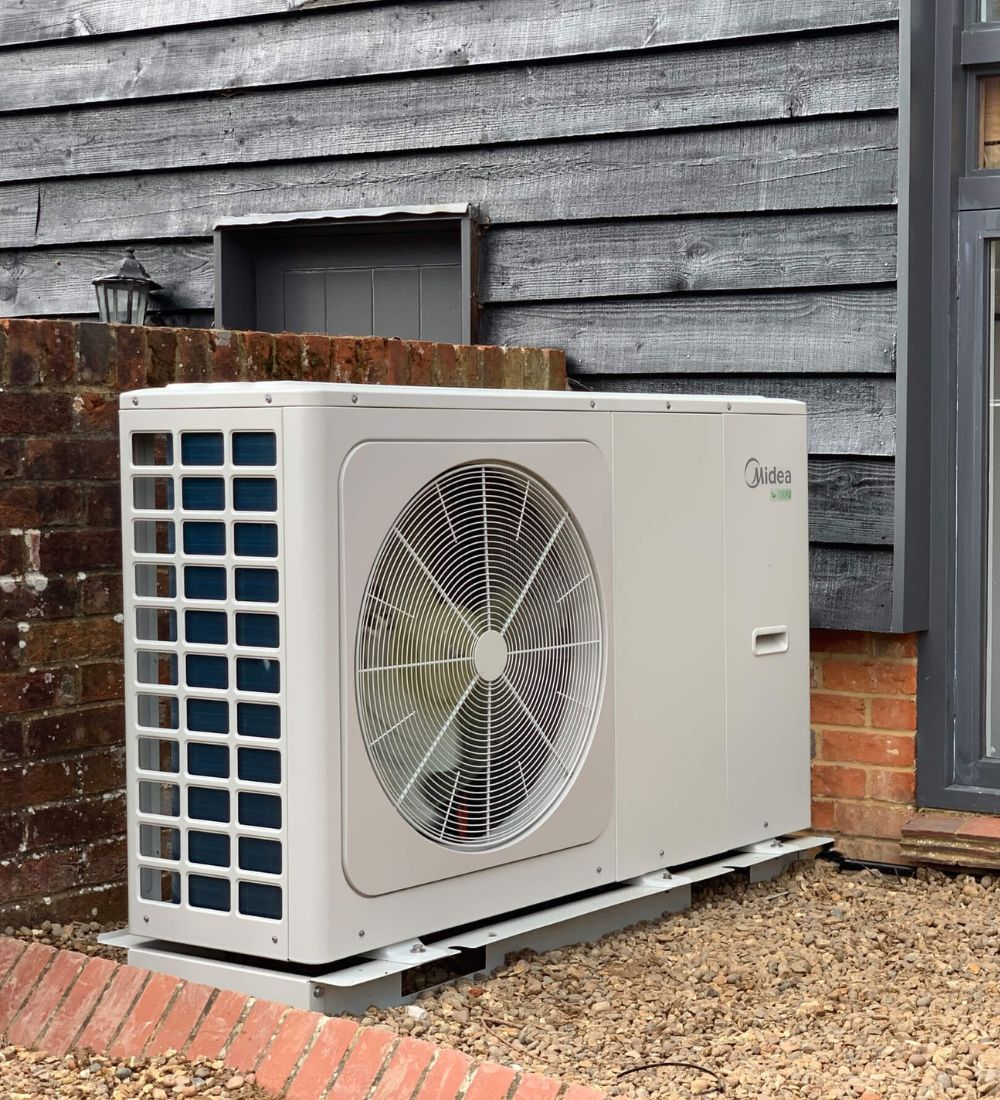

The Boiler Upgrade Scheme (previously referred to as the Clean Heat Grant) is the latest iteration of the Government’s financial support of low carbon heating. This scheme is designed to help attain the UK’s net zero emissions target by 2050 by making low carbon technologies more affordable to install by reducing the upfront cost. Previously, this support was provided in the form of the Renewable Heat Incentive (ended March 2022).
This support is aimed at encouraging homeowners in England and Wales to upgrade their current fossil fuelled boiler central heating systems to more energy-efficient solution like heat pumps in an effort to decarbonise their home’s heating.
The scheme is expected to run until 2028 and has been earmarked a budget of £450 million over the three years as part of an almost £4bn strategy to help cut carbon emissions.
How does the Boiler Upgrade Scheme work?
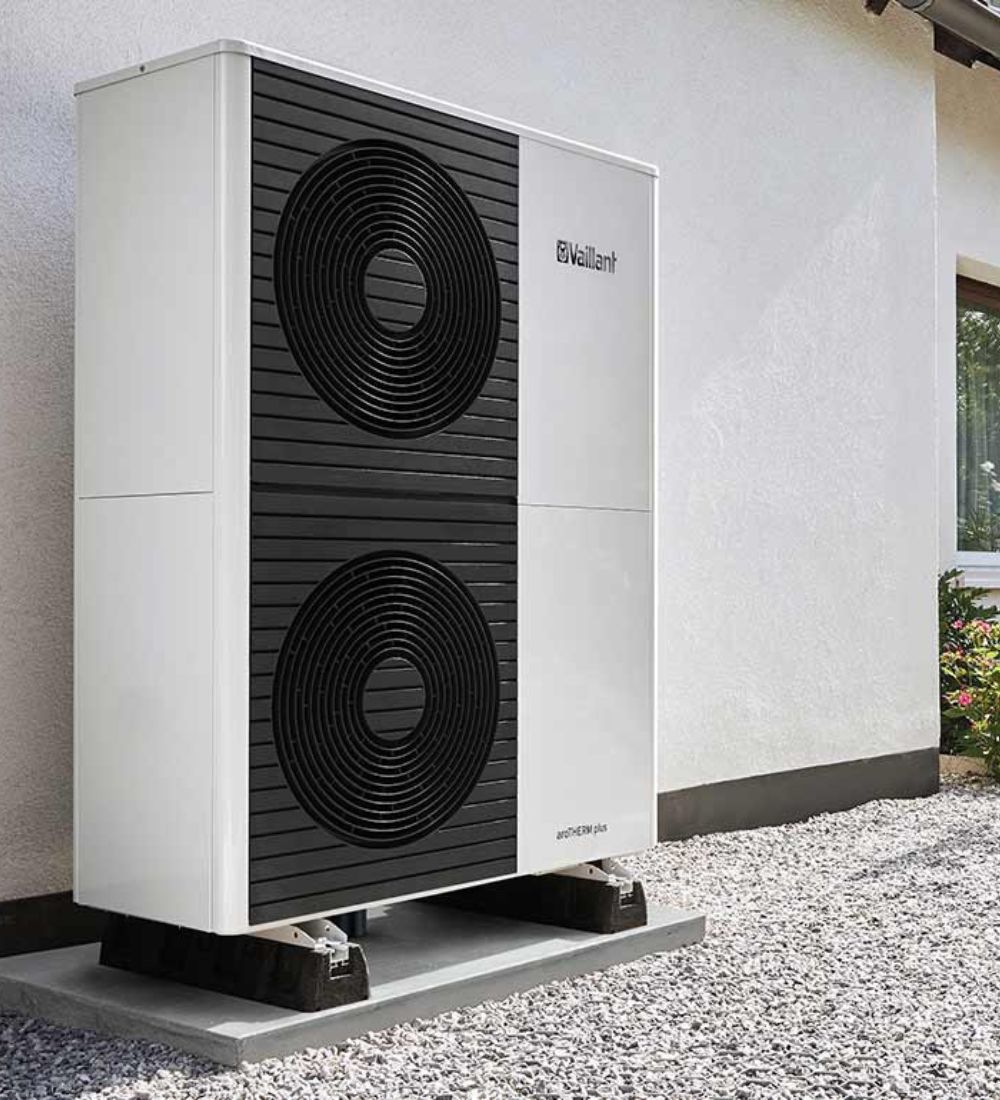
The Boiler Upgrade Scheme was announced as part of the Government’s Heat and Buildings Strategy and is open to all eligible domestic property owners in England and Wales. The aim is to reduce the cost of installing low carbon heating systems to encourage more homeowners to move away from fossil-fuel based systems.
Compared to fossil fuel systems such as traditional gas boilers, low carbon alternatives are typically more costly to install, therefore be a barrier for homeowners looking to change or upgrade their existing system.
The most common low carbon alternatives are heat pumps and biomass boilers, with the scheme providing funding for both air source and ground source heat pumps, as well as biomass boilers for off-grid properties.
The BUS operates in the form of a grant voucher which is provided to the installer after installation and commissioning, with the expected amount deducted from the homeowner’s upfront cost.

The Boiler Upgrade Scheme was announced as part of the Government’s Heat and Buildings Strategy and is open to all eligible domestic property owners in England and Wales. The aim is to reduce the cost of installing low carbon heating systems to encourage more homeowners to move away from fossil-fuel based systems.
Compared to fossil fuel systems such as traditional gas boilers, low carbon alternatives are typically more costly to install, therefore be a barrier for homeowners looking to change or upgrade their existing system.
The most common low carbon alternatives are heat pumps and biomass boilers, with the scheme providing funding for both air source and ground source heat pumps, as well as biomass boilers for off-grid properties.
The BUS operates in the form of a grant voucher which is provided to the installer after installation and commissioning, with the expected amount deducted from the homeowner’s upfront cost.
Upgrade to a heat pump
What funding is available
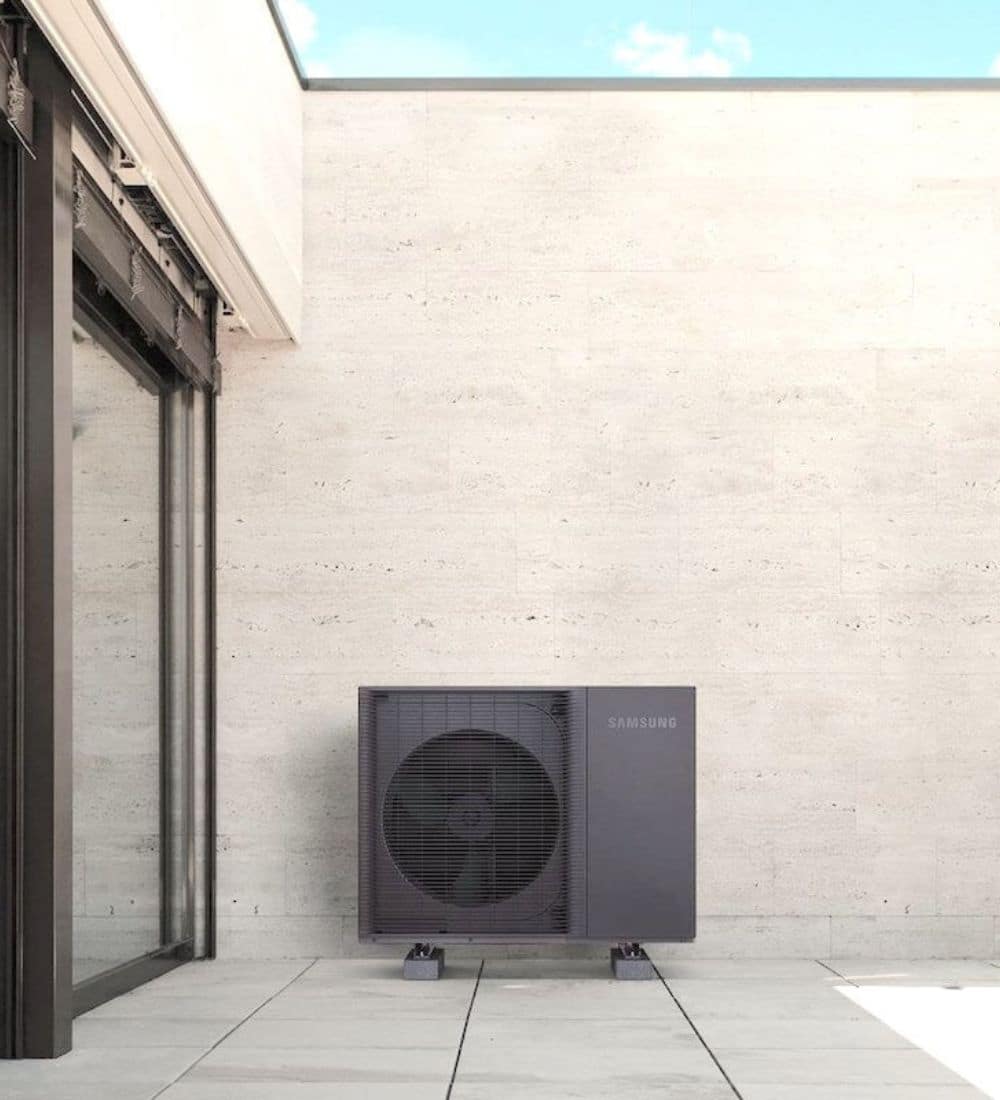
The Boiler Upgrade Scheme provides funding in the form of a grant of up to £7,500 to reduce the upfront installation cost of your chosen low carbon system. This grant is applied for by your installer and should be discounted from the total cost of your installation within their quote.
Dependent on your eligibility, you may be able to claim the following:
- £7,500 off the cost and installation of an air source heat pump.
- £7,500 off the cost and installation of a ground source heat pump (includes water source).
- £5,000 off the cost and installation of a biomass boiler.
It should be noted that for any heat pump to be eligible for the grant, it must have a seasonal coefficient of performance (SCOP) of at least 2.8. Important to note, the Government include water source heat pumps to be within the same category as ground source heat pumps.
Biomass boilers are only eligible for this scheme in very limited circumstances, such as if they are in rural locations and in properties that are not connected to the gas grid (heat pumps are eligible either on or off the gas grid). For more information, please check your eligibility through the government website.

The Boiler Upgrade Scheme provides funding in the form of a grant of up to £7,500 to reduce the upfront installation cost of your chosen low carbon system. This grant is applied for by your installer and should be discounted from the total cost of your installation within their quote.
Dependent on your eligibility, you may be able to claim the following:
- £7,500 off the cost and installation of an air source heat pump.
- £7,500 off the cost and installation of a ground source heat pump (includes water source).
- £5,000 off the cost and installation of a biomass boiler.
It should be noted that for any heat pump to be eligible for the grant, it must have a seasonal coefficient of performance (SCOP) of at least 2.8. Important to note, the Government include water source heat pumps to be within the same category as ground source heat pumps.
Biomass boilers are only eligible for this scheme in very limited circumstances, such as if they are in rural locations and in properties that are not connected to the gas grid (heat pumps are eligible either on or off the gas grid). For more information, please check your eligibility through the government website.
Who can apply for the Boiler Upgrade Scheme?
You may be eligible if you:
- Live in England or Wales
- Own your property (whether this is a home or a small non-domestic property)
Property eligibility
The property will need to have:
- A valid Energy Performance Certificate (EPC) with no outstanding recommendations for loft or cavity wall insulation (unless you have an insulation exemption).
You can find and check your EPC certificate through the Gov.uk website.
If you do not have loft or cavity wall insulation, you may still be eligible for the Boiler Upgrade Scheme provided the required installation is fitted prior to installation. Your local installer should be able to inform you further of your homes’ specific eligibility.
New build properties and social housing are not currently eligible for the Boiler Upgrade Scheme with the exception of custom-build properties (such as if you are building your own home). Custom new builds do not require an EPC but must principally be built with the labour and resources of the first owner and must be owned by an individual.
Technology eligibility
For your chosen low carbon technology to be eligible for the scheme, it must:
- Be commissioned on or after 1st April 2022.
- Fully replace an existing fossil fuel system (such as oil, gas, or direct electric).
- Have an installation capacity of no more than 45kWth (this covers most homes).
- Meet the full space heating and hot water demands of the property.
If you are unsure whether your property has the installation capacity required to be eligible for the BUS, contact your local installer and they will be able to inform you further. Your installer will be able to advise you whether a low carbon heating system is suitable for your property, and which system is the most efficient for your needs. Any heat pump must have a seasonal coefficient of performance (SCOP) of at least 2.8.
Unfortunately, conventional hybrid systems that use a fossil fuel source or solar thermal heating systems are not included in the eligibility for this scheme. However, if a hybrid system is installed with a heat pump and solar thermal, then this may be eligible providing the heat pump covers all of the heat and hot water requirements (as there is no specific funding for solar thermal systems themselves).
For further eligibility criteria and exceptions, please review the government legislation and speak to your local heat pump installer.
How can I apply for the Boiler Upgrade Scheme?
Application for the Boiler Upgrade Scheme grant is available only to MCS (Microgeneration Certification Scheme) accredited renewables installers and is conducted through Ofgem, the Government’s scheme administrator.
Discover our accreditations or get in touch below to find our more!
Request a Call Back
Fill out the form below!
Your Green Future
Starts Here
Your green future
starts here...
Your Green Future
Starts Here



